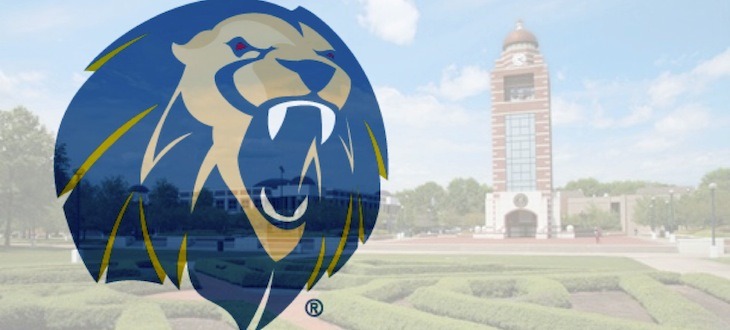Fort Smith chamber survey shows broad support for renewal of tax supporting UAFS
by August 13, 2020 3:38 pm 973 views

A Fort Smith Regional Chamber of Commerce survey of members shows that if they were voting today, 85% of respondents would vote for a ¼ cent sales tax to help the University of Arkansas at Fort Smith.
Sebastian County voters will vote on the proposed extension in the Nov. 3 general election.
The chamber sent out a survey to chamber and non-chamber members at the end of July asking if they would support a 10-year extension of the county-wide quarter of a cent sales tax that will be on the ballot in November. More than 200 responded to the poll with 85% saying they would vote yes and 15% saying they would vote no, said Tim Allen, chamber president and CEO.
There is no known group organized against voter renewal of the tax.
When Westark College joined the University of Arkansas system and set to transition to a four-year institution, the college was no longer eligible to receive millage revenue. Sebastian County voters approved a ¼-cent sales tax to go into effect Jan. 1, 2002, the same day the institution became the University of Arkansas at Fort Smith in order to help fund the transition and growth of the university. That sales tax sunsets Jan. 1, 2022, Arkansas Act 1087 of 2013 gave UAFS the authority to request a sales-tax extension for 10 years.
UAFS has used sales tax dollars to help fund many renovations and additions needed for a four-year university, said Dr. Terisa Riley, UAFS chancellor.
“The residents of Sebastian County voted for the sales tax with the promise that UA-Fort Smith would become a robust, 4-year degree granting university with the facilities, faculty and staff, and academic success programs to support offering bachelor’s degrees. Over the past 20 years, the university has fulfilled the promise made to the taxpayers by creating more than 45 bachelor’s degree programs, and we now offer two master’s degrees in healthcare administration and education. In the past 10 years, the university has conferred more than 13,000 degrees, and approximately 7,000 of those have been bachelor’s degrees,” Riley said.
The number of bachelor’s degrees awarded in a year almost doubled in the past 10 years, going from 419 in 2009-2010 to 826 in 2018-19, Riley said. The funds also have provided the ability to improve and create facilities that are required for four-year degree programs such as laboratories, academic success center, and other outstanding facilities, Riley said.
UAFS capital improvement projects made possible by the tax include:
• Baldor Renovation ($231,953)
• Boreham Library Renovation ($769,638)
• Breedlove Renovation ($202,165)
• Gardner Renovation ($955,858)
• Library Volumes ($927, 448)
• Math/Science Renovation ($470,917)
• Vines Renovation ($1,003,812)
• Fullerton Renovation ($176,449)
The sales tax generated $6.29 million for UAFS in 2019. In the first six months of 2020, the tax generated approximately $3.12 million, a 3.8% increase from the $3.02 million generated from the first half of 2019. Those calculations include $529,738 for June, which is an estimate as final sales tax figures for June have not been reported yet, Riley said.
“We anticipated much lower sales tax collection in the months of April, May, and June (because of the COVID-19 pandemic), and I hypothesize that the additional federal unemployment benefit and stimulus payments have provided tremendous support for our community and provided residents with the ability to purchase goods and services as needed,” Riley said.
If voters do not approve an extension, the university would need to cut approximately $6 million from its annual budget of approximately $80 million, she said.
“To put that amount of money into perspective, we spend approximately that amount of money on the College of Business and College of Applied Science and Technology combined each year,” Riley said. “As an institution of higher education, we only have a couple of other ways to make up the funds in our budget.”
One of those ways would be to increase annual tuition and fees paid by all students. To make up the difference, the university would need to increase what students are charged by $1,200 a year, which would add about $5,000 in debt to students at graduation, Riley said. Students graduating from UAFS have about $5,000 less in debt than graduates of peer institutes in Arkansas, she said, citing a U.S. Department of Education college scorecard.
UAFS students also average higher starting salaries than graduates of other regional institutions, that same scorecard shows.
Another way to recoup funds would be to eliminate academic programs, pre-collegiate programs (concurrent enrollment) and student success programs that help students to be retained and graduate from college, Riley said.
“(UAFS) provides academic credentials that are in demand within our region and provides a highly trained and educated workforce for all industries, companies, and organizations in Sebastian County,” Riley said.
